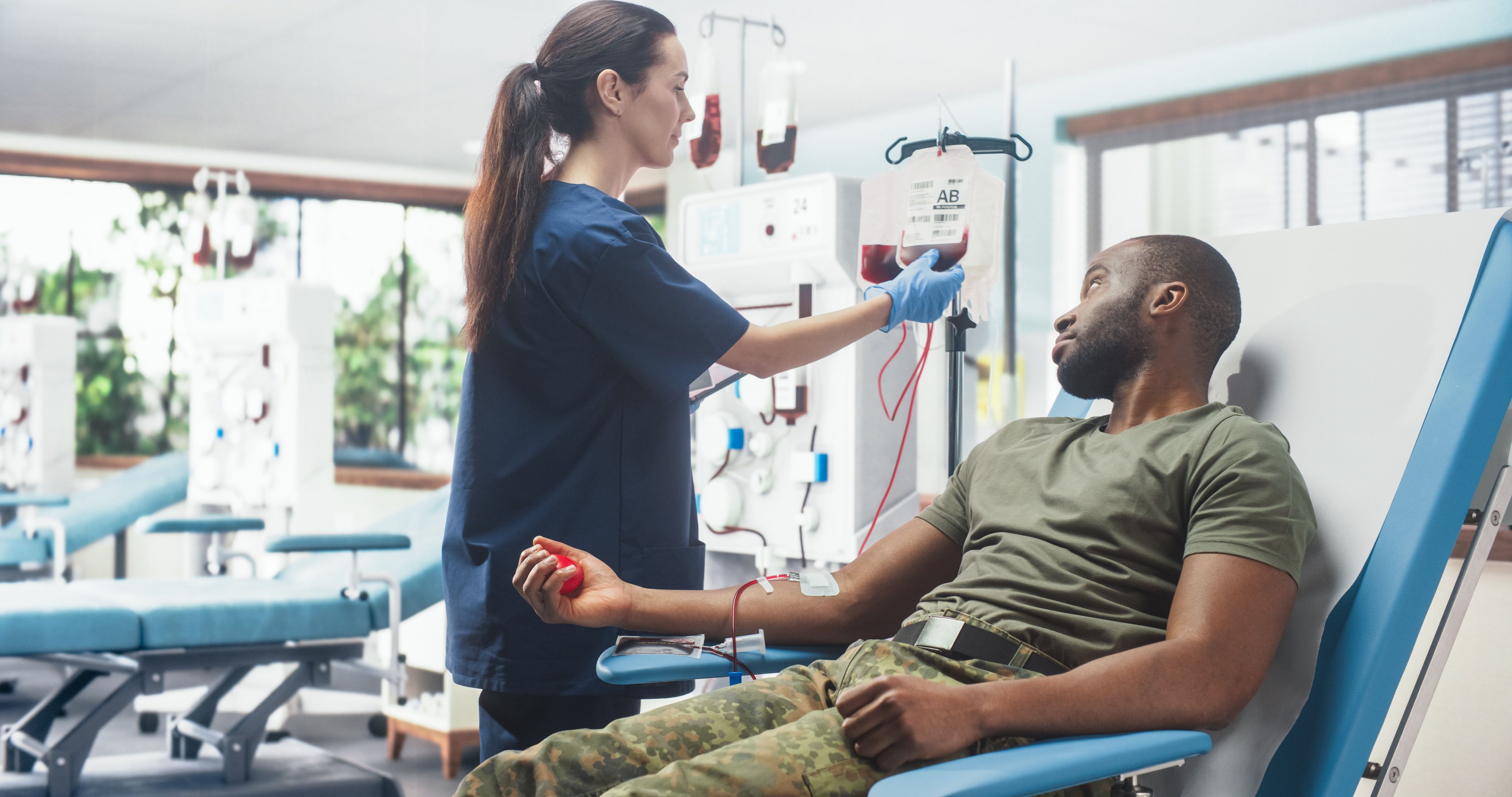Drug companies in the U.S. have gotten a lot of attention lately, as the federal government looks at ways to try to rein in healthcare costs. That's particularly bad news for McKesson (MCK 0.45%), because the company's drug distribution and wholesale business could be the focal point for regulation aimed at shrinking industry profit margin and saving money for consumers. Yet interestingly, the place where McKesson has seen the most pressure lately has been abroad, with key areas of the European market proving especially difficult.
Coming into Thursday's fiscal second-quarter financial report, McKesson investors were prepared for flat earnings performance and just wanted to see modest sales growth. McKesson's numbers were a bit mixed, but the company continued to point across the Atlantic in explaining why it hasn't done as well as it had hoped.

Image source: McKesson.
The latest from McKesson
McKesson's fiscal second-quarter results showed some of the ongoing headwinds that the company has faced. Sales were higher by 2% to $53.1 billion, but that was slower than the 3% growth rate that most of those following the stock were hoping to see. Net income soared from last year's negligible levels to $553 million, and that produced adjusted earnings of $3.60 per share, well above the consensus forecast among analysts for $3.28 per share.
McKesson's segment performance reflected the different circumstances that parts of the overall business face. U.S. pharmaceutical and specialty solutions saw revenue rise 2%, with acquisitions and market growth contributing to gains. However, customer losses kept the growth in check, and McKesson also had to deal with customers converting from branded drugs to generics. The medical-surgical solutions area saw the fastest growth, with a 17% sales jump coming primarily from a key acquisition.
The European pharmaceutical solutions unit continued to weigh the most on McKesson's numbers. Revenue fell 2% for the quarter from the previous year's period, with adverse currency movements accounting for about half of that drop. McKesson also faced a reduced number of owned retail pharmacies, as well as difficult competitive and operating environments in the U.K. and France. McKesson's catch-all "other" business segment also weighed on the top line, with segment revenue falling 5%.
CEO John Hammergren put the results into perspective. "While our operational performance reflects anticipated challenges coming into the fiscal year," Hammergren said, "our second quarter results were primarily affected by the incremental headwinds we are facing in the U.K. and French markets, driving underperformance versus our expectations." The CEO also noted that higher litigation expenses related to opioid exposure had a negative impact on performance.
Can McKesson do better?
McKesson is working to solve its problems. In Hammergren's words, "We continue to have conversations with the U.K. government to discuss the patient-care services that pharmacies provide and how this low-cost setting of care is vital to the healthcare system." McKesson also wants to look at making all of its businesses worldwide as efficient and fast-growing as possible, with recent acquisitions like RxCrossroads and Medical Specialties Distributors contributing to success.
Anticipated cost reductions and efficiency efforts showed up in McKesson's updated guidance for the full 2019 fiscal year. The drug distributor now expects earnings to come in between $13.20 and $13.80 per share, which represents a $0.20-per-share rise in the bottom end of McKesson's previous range.
McKesson investors didn't have a dramatic reaction either way to the news, and the stock was higher by about 1% at midday following the announcement. Pressure on healthcare companies specializing in pharmaceuticals is likely to remain for the foreseeable future, but McKesson is taking all the right steps to try to limit adverse impacts and stay focused on its best growth opportunities.




